BenDeLaCrème Gets Deep About Love And Marriage
BenDeLaCrème skewers commitment, bachelorettes, Bridezillas, and death in her new comedy tour, "Ready to be Committed."

Before becoming a household name to RuPaul’s Drag Race fans during her season 6 run and impressive winning streak on All Stars 3, BenDeLaCrème was a fixture in the drag and burlesque scene in Chicago and Seattle.
Since reaching a national audience through Drag Race, DeLa has produced multiple critically-acclaimed touring shows and The Jinkx and Dela Holiday Special on Hulu.
BenDeLaCrème is… Ready to Be Committed marks DeLa’s largest tour to date, with shows across the U.S., Canada, and the UK. The evening finds the “terminally delightful” DeLa on a desperate hunt for the perfect wedding — all she needs is the perfect dress, the perfect venue, and, oh yeah, a man.
What follows is a song-and-dance lampoon of Grindr culture, makeover shows, romantic comedies, marriage vows, and the deep existential dread that comes with trying to live up to “love.”
Fans of BenDeLaCrème’s live shows can expect her usual mix of musical parodies, interactive video segments, and inventive puppetry (watch out for a taking novelty penis cup and a mouthy bridezilla cake topper).
If you’ve never seen a DeLa live show, prepare yourself for biting social commentary amid the laughter, and a reminder of queer camp’s potential for destabilizing cultural norms through comedy.
METRO WEEKLY: Ready to Be Committed takes aim at love and dating, the wedding industry, and our deep-seated fears of being alone. How did the show start as a kernel of idea, and then how did it grow to what it is today?
BENDELACREME: I did a lot of free-form journaling about how I felt about these things and what my questions were. And this is something that I think not everyone feels, and I don’t think people feel okay about expressing it. But my entire life, I’ve been like, “Okay, so love is a word, but what is that word?” We feel all these different kinds of things. We see all these kinds of things that are all labeled as love. And it is so broad. Is it this obsessive feeling I have about someone new? Is it this comfortability I have with someone else in my life? Is it just innate? What is it? So I do some heavy-duty research on how people have thought about it.
There were lots of theories just about how it lived in the body before there was any understanding of psychology or chemicals. It was all like, “Okay, well, you’re having these physical symptoms because your humors are off-balance.” And then it gets into psychology, and people starting to be “Okay, this is something happening in the mind, but it’s being defined as a disorder.” And then Freud started talking about love as only an illusion that we feel as a result of sexual repression.
Neuroscientists say there are these seven chemicals that interact that make you feel these feelings that we have labeled as love. And that took a lot to find all of that information and make it concise. But I was just like, this is something I’ve always wanted to know, and it was a lot of information. And when I want to put a lot of information into something in a quick way, it usually becomes a rap. So it’s a rap between me and Cupid. That’s how that developed. And that’s three minutes of this 80 minutes show.
MW: Sounds amazing.
DELA: And then one of my favorite sections in the show is about how I find shows like Queer Eye enjoyable in some ways, but I am also horrified by this commodification of gays. All these reality shows in which gay people are supposed to descend in and fix people’s lives.
MW: What about straights in queer spaces, like bachelorette parties? Often we talk about the ill behavior of those women in those spaces. But I really think it’s the very idea that maybe for our generation, who weren’t able to marry, it was really insulting.
DELA: Bachelorette parties have been attending queer spaces for a very long time. And most of that time, gay marriage was illegal. What’s up with the latent display of privilege?
MW: I wonder if this applies to heterosexual rom-coms as well for you. Are you a fan? You seem like someone who’s very aware of genre tropes, even the destructive nature of some of those genre tropes. And yet a lot of gay men love a rom-com.
DELA: Yeah. That tension is a lot of what this show is about, too. A lot of where this show came from is these rom-coms, which are all just some version of a Cinderella story. These fairy tales are embedded and fed to us from infancy, but also somewhere embedded in our DNA at this point.
The rom-com is just an extension of the same kind of storytelling that has been around for centuries. And so, of course, there is just an innate kind of animalistic draw. It’s like chocolate. There’s just an undeniable draw. And then the intellectual part of you, if you’re thinking about it, is like, you are feeding me a lie. There is zero way that any of this is going to apply to my real life.

And if anything, it is only going to damage my ability to actually be present in a relationship and see a relationship as the complex thing that it is, when the story that I’m told over and over again is that your partner sits on the couch too much and belches, and therefore you should leave him for somebody that you just met who excites all your senses temporarily.
MW: What about the person who says, “I don’t think of it as reality. For me, it’s escapism.”
DELA: I certainly enjoy romcoms as escapism. I love a rom-com. I love chocolate. It’s the same thing. I know it’s not good for me. I weigh the pros and cons and decide to participate.
MW: You‘re drawn to Christmas movies and drawn to romcoms, and both are pretty conservative genres. They’re conversion narratives — from unbeliever to believer — in the spirit of Christmas or the power of love. There has to be a pleasure for you, it seems, in deconstructing those genres.
DELA: Both have not felt inclusive of me and my life experience. Christmas was a time I dreaded every year. And it wasn’t until I started creating performance partially as an excuse not to go home for Christmas that I started to really enjoy it and look forward to it, because I could assemble most of my strong relationships that have actually come through my performance world.
And so I could assemble my chosen family and spend the holidays with them, and in doing so, kind of reclaim it. I think all of these things are about reclamation, but you can’t just put a cattle prod to something and say, it’s mine. Now you have to figure out how to make it yours.
For me, that’s pulling it apart, because the way in which we’re talking about romcoms, which I love, there’s still part of them that makes me feel bad. Because I don’t feel like it’s a story about me. I feel like it’s a story about someone else that I’m fantasizing. It’s the ballroom thing where I’m playing a rich woman knowing that I have to go back out on the streets and be poor.
MW: There’s a term by queer theorist Lauren Berlant, who is interested in the question of why do we hold on to things that causes pain, like the idea of marriage or soul mates. She calls this “cruel optimism.” The idea is that optimism is great — it gets us to get up and do things. But some optimism is really cruel in the way that it’s impossible to have and it actually causes us more pain.
DELA: I mean, that resonates hard. I think that’s true for most people, whether they sort of are conscious of it or admit it. I don’t know. It’s like a bootstrap mentality. Part of it feels sort of capitalist, like if you just work hard enough, you can obtain this. And we are all embedded with that drive to never stop working into it.
MW: Right. And if you don’t find love it’s because you didn’t try hard enough.
DELA: Yeah, how love is viewed as some sort of moral success. How people are seen as better if they wind up in a relationship. Single people are seen as though somehow there’s something wrong with them.
MW: Do you wonder, as queer people, given that we have been told most of our lives that our relationships aren’t as real or as valid, that part of our desire to get married, to have children says that, look, we’re just as good as you?
DELA: We’ve also been told that we’re generally unlovable. We’re proving that there is a real drive to prove everyone wrong. It drives a certain kind of performative masculinity in gay men. It’s like, I’m going to prove you wrong.
MW: When I was younger, I used to think about all the things I couldn’t have and how I wasn’t equal. I wasn’t allowed to get married. I wasn’t able to adopt kids. And now I’m like, look at all the things I’m released from, right? No one’s asking me when I’m going to have kids. No one’s asking why I’m not married. And I feel so freed up from that. Does that resonate at all with you?
DELA: It totally does. I don’t think I’ve ever quite thought about it in that way. Since I was able to sort of claim my queerness and find a space for myself in the world, I was really like, “Holy shit. This frees me from so many things because I’m not even trying to impress this other world. And I get to make up my own rules because there is no I’m not getting married. I’m not adopting. Those things aren’t on the table. And therefore, I get to make up whatever fucking crazy life I want.” And so I definitely felt some sort of loss of that as things have progressed in terms of our actual equality. But I’ve never quite thought about it in the way that you’re describing it, which is almost the reverse, and which also feels very true.

MW: I think as a queer person, you have a fear of, like, what is what am I going look like in old age? And who’s going take care of me? I’m wondering if your fear of commitment is balanced with your fear of being alone?
DELA: Oh, yeah, yeah, one hundred percent. I mean, the show is very much about mortality as well. One of the main throughlines is DeLa’s fear of death. And eventually — I don’t want to give too much away — but eventually she has to confront death, and there is an entire dance with Death sequence.
MW: This Death is giving me life!
DELA: [Laughs.] So the show is about how looking at commitment and relationships actually is just forcing you to look at your own mortality. Whether you are conscious of that or not, it’s happening. There’s just something deep in you where that’s what’s happening. And the true mortality — you talk about who’s going to take care of you, right? It’s mortality.
MW: It sounds like the show is almost therapeutic for you.
DELA: Yeah, well, every show I’ve ever made, solo or otherwise, has started from something that I am thinking about, usually struggling with, usually in conflict with personally. And for a long time, it wasn’t conscious that I did this with my shows, and it has become more conscious that I’m like, “Okay, if I’m in conflict about something, working it out on paper is going to produce something that feels heartfelt and honest.”
Oftentimes I don’t even see the connections until later. But this show kind of sprang from my relationship with my partner and that we were, like, getting in real deep and been together for a long time, and we’re talking about our future and how we wanted to proceed. And I really suddenly had to come to terms with the fact that while my entire life I’d been living under this sort of assumption about myself that I am open to love completely at all times. Being in a relationship for a long time, I started to see the ways in which I set up roadblocks for myself, and that I’m resistant underneath all that fear of commitment and fear of a long-term future with somebody.
At a very young age, I lost my mom. My parent’s relationship was very strong and very loving. And I watched [her death] absolutely derail the rest of my dad’s life. And so this perfect, idealistic relationship that I always was like, that’s the relationship I want. I mean, I watched it at a formative age, end in tragedy and fuck somebody up.
It was never a conscious thing, but I realized that, of course, this is a big fear for me. Of course, this is a thing where it’s like signing up for a lifetime with someone. Any relationship ends in tragedy. It ends in a breakup or somebody dies. Those are the only two options, right? Like, you part ways, or someone dies, the end, you know? And so how do we make peace with that? That’s what sort of what the Christmas Show is about. On some level. It’s about like, this is a shitty situation. We’re in a shitty shitty situation. How do we find the good within it? It’s what all of this stuff is about. So that’s what this show is about.
BenDeLaCrème is… Ready to Be Committed is currently on tour, including a show at the 9:30 Club on Monday, May 23. For tickets, visit www.BenDeLaCreme.com.
Support Metro Weekly’s Journalism
These are challenging times for news organizations. And yet it’s crucial we stay active and provide vital resources and information to both our local readers and the world. So won’t you please take a moment and consider supporting Metro Weekly with a membership? For as little as $5 a month, you can help ensure Metro Weekly magazine and MetroWeekly.com remain free, viable resources as we provide the best, most diverse, culturally-resonant LGBTQ coverage in both the D.C. region and around the world. Memberships come with exclusive perks and discounts, your own personal digital delivery of each week’s magazine (and an archive), access to our Member's Lounge when it launches this fall, and exclusive members-only items like Metro Weekly Membership Mugs and Tote Bags! Check out all our membership levels here and please join us today!






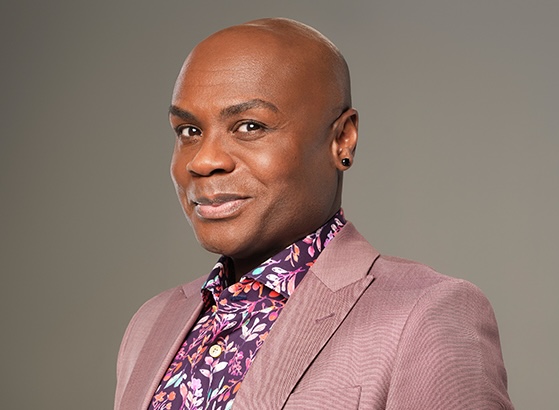
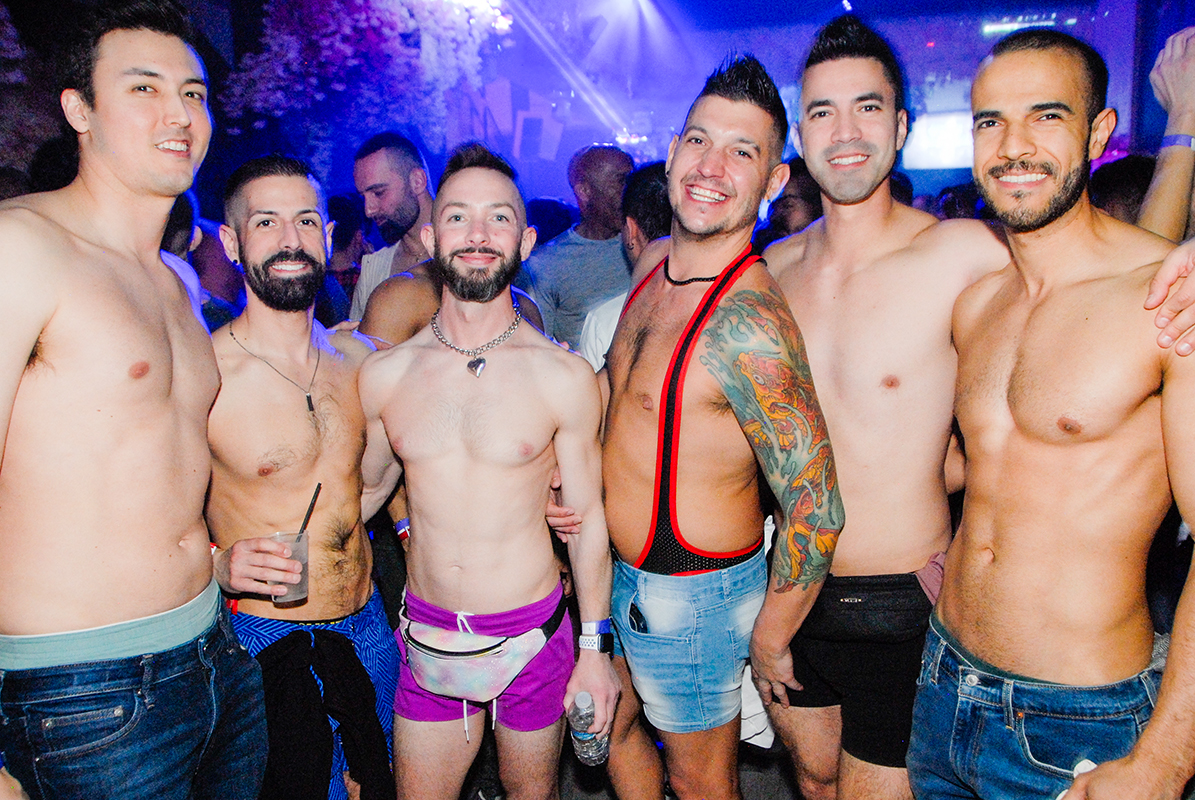
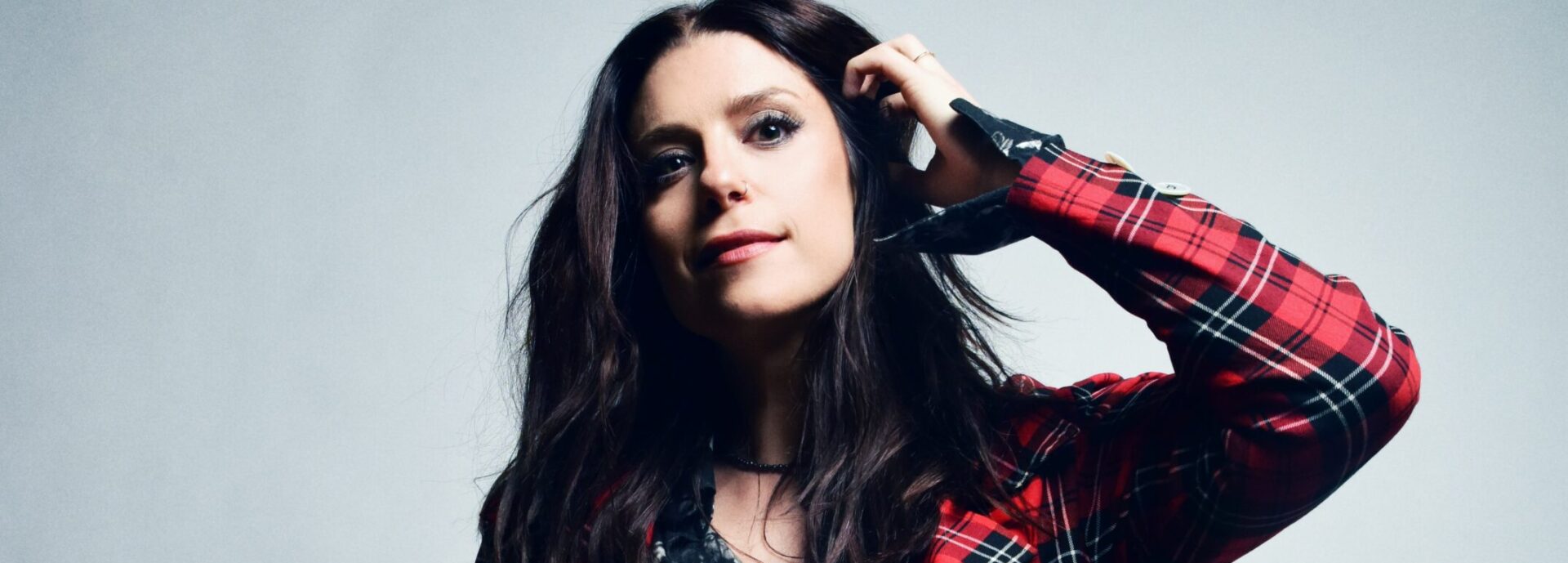













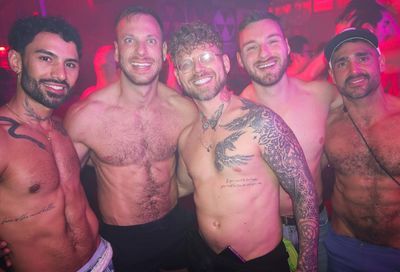
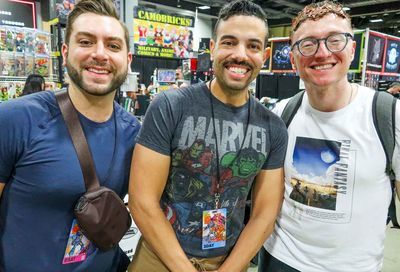
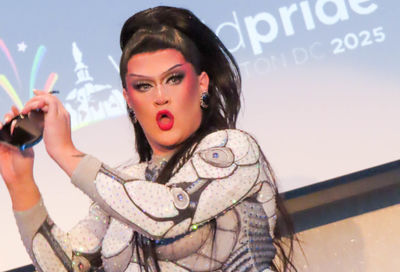
You must be logged in to post a comment.